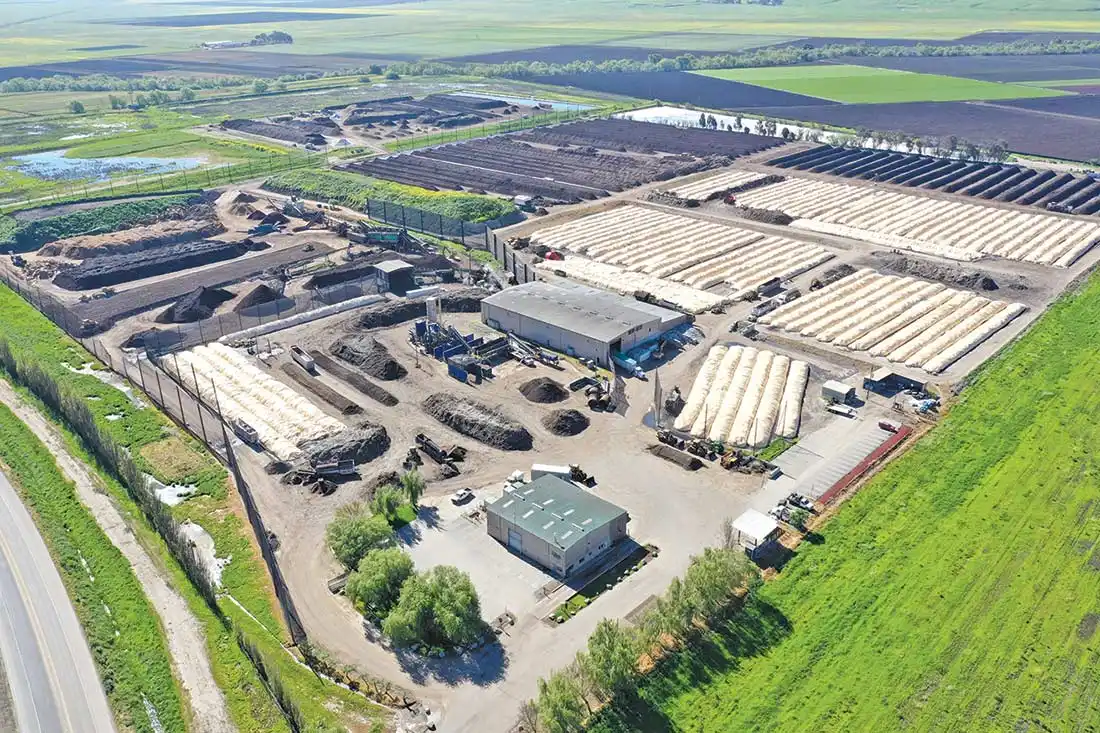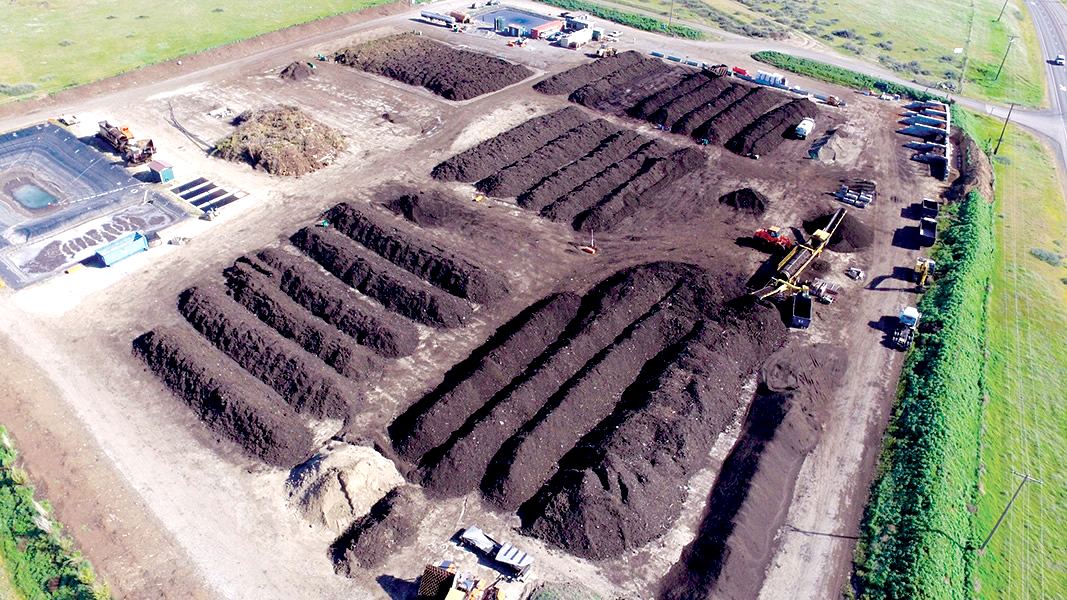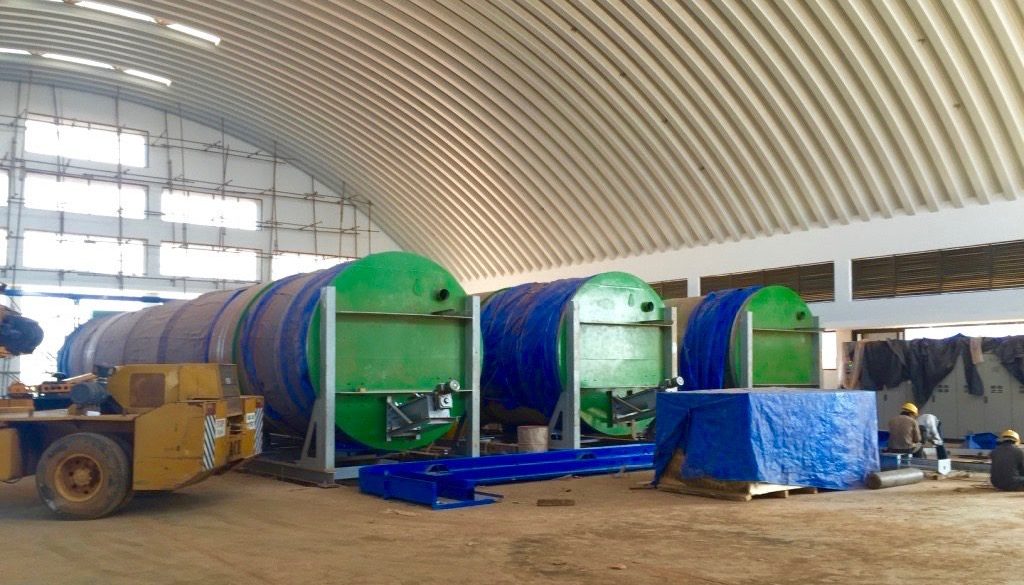What is Composting?
Composting Benefits the Planet.
Composting is nature's ingenious cycle, where organic waste and compostable materials undergo decomposition to create nutrient-rich humus. This transformative process not only diverts yard trimmings, food scraps, and compostable packaging from landfills but also enriches the soil, fostering the growth of robust plants. It's a sustainable loop that nourishes the Earth while reducing waste and promoting environmental harmony.
For this system to function effectively, it requires both composting facilities to process the materials and haulers to collect them from households and businesses. The composters may have varying criteria; some may solely handle yard trimmings, while others accommodate a mix of food scraps and certified compostable items.
In 2018, the U.S. generated 292.4 million tons of municipal solid waste, but only 25 million tons were composted. With each person producing 4.9 pounds of waste per day, composting represents a vital but underutilized solution.

Types of Composting

Windrow Composting
Windrow composting involves arranging organic waste materials in long, narrow piles called windrows. These windrows are periodically turned or aerated to promote oxygen flow and facilitate decomposition. This method is commonly used in large-scale composting facilities and agricultural operations due to its simplicity and effectiveness in managing organic waste.

In-vessel Composting
In-vessel composting involves confining organic waste materials within enclosed containers or vessels. The containers are equipped with mechanisms to regulate temperature, moisture, and airflow, facilitating faster decomposition. In-vessel composting is suitable for processing large volumes of organic waste in a controlled environment, making it ideal for urban areas with space constraints.

Anaerobic Digestion
Anaerobic digestion decomposes organic waste in oxygen-free tanks, producing biogas (methane and carbon dioxide). This biogas can be captured for renewable energy, while the remaining nutrient-rich digestate can be used as compost or soil amendment. It's ideal for managing wet organic waste like food scraps and sewage sludge, providing both waste diversion and renewable energy benefits.
